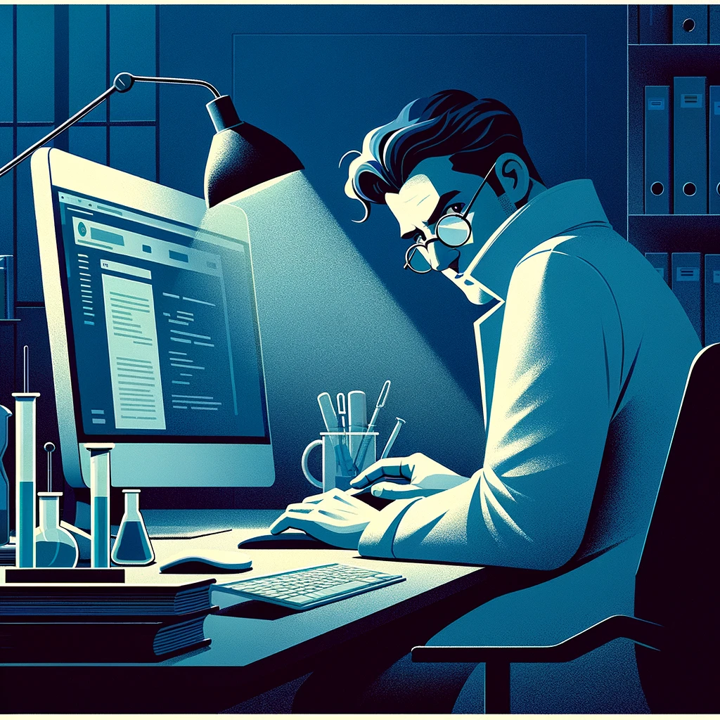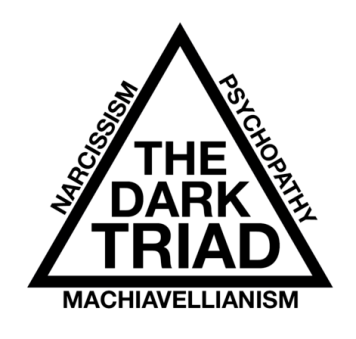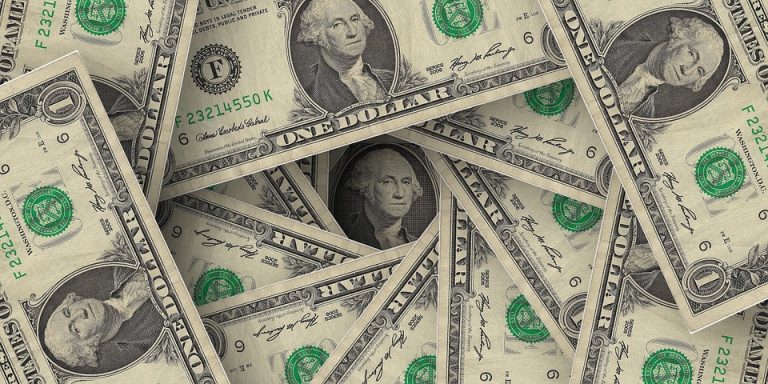Scientists Get Away with Lighter Punishments
When people commit the same misbehavior at work, like sexual harassment, they should receive the same professional consequences. But some people get away with lighter punishments. Whereas one perpetrator rightly gets fired for their job, another person may simply have to attend an “educational workshop.”

In a paper published just this year, two researchers have identified a systematic bias in how these punishments are applied:
For the very same misbehavior (sexual misconduct, racial discrimination), people whose job seems more “scientific” receive lighter professional consequences than those whose job seems more “artistic.”
ART VS. SCIENCE
For any job, it could be described as “more of an art” or “more of a science.” For example, photographers are seen more as artists, while engineers are seen more as scientists.
Although the artistic-versus-scientific nature of a profession should not affect the consequences they face for their personal misconduct, in fact, it does.

To provide evidence for this, the researchers examined a dataset on all of the public allegations of sexual misconduct against U.S. university professors. In these data, it describes both the professor’s discipline (biology, English, journalism, etc.) as well as the punishment they ultimately faced (firing, suspension, training, etc.),
The researchers then examined the relationships between the artistic-versus-scientific nature of the professor’s discipline and how severe their punishment was. After taking into consideration many different factors, like when the misconduct happened, how prestigious the professor was, and more, they found a startling effect.
Professors working in the sciences got away with lighter professional punishments than professors working in the arts.
Moreover, this effect appears to apply to more than just professors.
WHY DO SCIENTISTS GET AWAY WITH IT?
At first, the researchers thought that maybe scientists receive lighter punishments because their work is seen as more important. And it is true, the more important you see a person’s work — whether they’re a scientist or an artist — the less willing you are to punish them.
But it turned out there was more to it.
In one study, the researchers created a series of realistic looking news articles about a tennis coach. Sports has long been considered both an art and a science, so they depicted this tennis coach in one of two ways:

They either described him as an “artist of the game” or a “scientist of the game.” Later in the study, the researchers gave the participants another news article that revealed this tennis coach had stolen money from his collaborators. Participants then answered how much this tennis coach deserves to be punished.
Replicating the effects on university professors, the tennis coach described as taking a “scientific” approach to the game received significantly lighter punishments than the one who took an “artistic” approach.
Importantly, whether the coach was described as an artist or scientist, his work was seen as equally important. Yet the same effect emerged.
So why do scientists (or people framed as scientists) receive lighter punishments? It’s due to a difference in people’s ability to engage in “moral decoupling.”
A BIAS IN MORAL REASONING
In order for people to recommend different professional punishments for the same crime, they might do one of two things. They might (1) describe the person’s crime as less bad than the other person, or (2) they might “mentally separate” the perpetrator from his or her work.
This second point is known as “moral decoupling.”
Across their studies, the researchers found that people find it easier to separate a scientist’s work (vs. an artist’s work) from his/her personal misbehavior.

For example, when a scientist engages in racial discrimination, people find it easier to say his or her racism had no impact on the quality of their work. In contrast, when an artist commits the same crime, people find it harder to make the same claim.
Thus, even when we take the same profession, like an athlete, describing them as a scientist-athlete (vs. an artist-athlete) makes it easier to morally decouple their work. This means they receive lighter professional consequences for their misbehavior.
Importantly, it’s not just athletes who can be framed as more scientific or more artistic. For example, psychologists, journalists, lawyers, and more, are seen as mixing art and science.
So, if you’re someone who has a say in the professional punishment people face for their misbehavior, don’t let the scientific-versus-artistic nature of their work bias your thinking. Bad behavior deserves due punishment.
Artistically and Scientifically,
Jake
Everyday Psychology: When should you “separate the art from the artist?” This is an ongoing debate both in the public as well as academic circles. In truth, there is no one “right” answer to this question; however, what is “right” is to try to ensure equal consequences for the same behavior. For example, be on the lookout for the language you use when describing whether you think a person’s work should be boycotted. Are you describing their work as more scientific or artistic? How does your own personal liking or disliking for their work affect how separable their misbehavior is? Understanding that how we describe our opinions is just as important as our opinions themselves can go a long way in making sure you come to a fair conclusion.
Siev, J. J., & Teeny, J. D. (2023). Personal Misconduct Elicits Harsher Professional Consequences for Artists (vs. Scientists): A Moral-Decoupling Process. Psychological Science. https://doi.org/10.1177/09567976231214739








Interesting that it’s easier to morally decouple the work of a scientist from their misbehavior even when the importance of their work is perceived as being equal to other disciplines. In this case, how does moral decoupling lead to lighter punishments? Are professional punishments generally more affected by perceived quality of work than personal moral character? And why is moral decoupling easier to do with scientists? Maybe due to the nature of the work being regarded as more data driven and “fact based?”
Great read, Jake! Glad to see the blog still going strong
Beautiful
This article is an Intriguing and enlightening work of art with scientific reasoning.
Great, I’m glad you enjoyed it 🙂